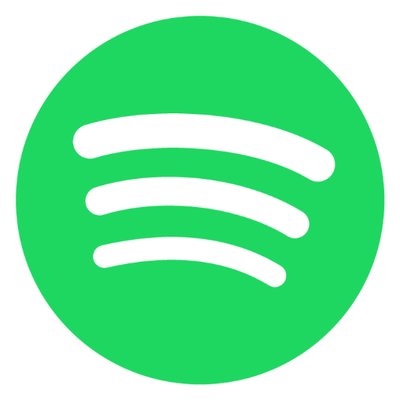Spotify is revamping its podcaster tools, including Anchor, and is partnering with Patreon
The New Bing and Edge – Progress from Our First Month
Apple to Shake Up International Sales Operations to Make India Its Own Region
Google One brings VPN to $1.99/month plan, adding dark web info monitoring
Chinese AI groups use cloud services to evade US chip export controls
Uber Is Considering Spinning Off Freight Logistics Division
New Low: Monthly Funding Dips Below $20B As Funds Continue Record Raises
Consensus raises $110M to inject automation into SaaS product demos
Microsoft, Google-Backed Group Wants to Boost AI Education in Low-Income Schools
Coinbase announces Wallet-as-a-Service product to simplify web3 onboarding
DuckDuckGo Releases Its Own ChatGPT-Powered Search Tool, DuckAssist
‘I beg you to give me a chance’ - A 90-year-old Hong Kong hawker pleaded with officers after they confiscated the cart she used to sell roasted chestnuts. pic.twitter.com/7pk4WLLi32
— South China Morning Post (@SCMPNews) March 9, 2023
Time to reach 100M users. Wow ChatGPT pic.twitter.com/Ta8TcR7Jah
— Mukund Mohan (@mukund) March 9, 2023
For those of you who have been misinformed by authority figures that communism is a decentralized system--it can't be. Everyone can't be raised to the same high level, so everyone has the be pounded down to the same low level. That requires centralized elites to do the pounding. https://t.co/PhHTnEEIXs
— Marc Andreessen (@pmarca) March 9, 2023
#Kyiv is shaken, but not broken after this night’s attack! Do russians really think they can break our spirit?? pic.twitter.com/zuPWHcyUhm
— Inna Sovsun (@InnaSovsun) March 9, 2023
Estonia’s PM, Kaja Kallas, secures election win with pro-Ukraine stance | Estonia | The Guardian https://t.co/qFqjFLiUOP
— Kaja Kallas (@kajakallas) March 9, 2023
79 years ago Soviet planes bombed Tallinn and destroyed almost a quarter of the city. We see Russia using the same terror tactics today in Ukraine.
— Kaja Kallas (@kajakallas) March 9, 2023
Must-read thread on the March bombings 👇 https://t.co/GfVnpih3Yy
In <2 minutes, hear why @randizuckerberg wants you to take 8 minutes to see if you qualify for ERC assistance.
— INNOVATION REFUNDS (@getrefunds) March 6, 2023
Report: Trump ‘Strongly’ Considering Kari Lake As VP Pick As His Poll Numbers Continue To Skyrockethttps://t.co/zGbGzsgAKj
— Dinesh D'Souza (@DineshDSouza) March 9, 2023
During today's massive Russian missile attack on #Ukraine, one of the missiles hit a private house in the #Lviv region. 4 civilians died. Terrorism continues. pic.twitter.com/SXQUCNQ2a5
— Inna Sovsun (@InnaSovsun) March 9, 2023
Haha what a tool
— Elon Musk (@elonmusk) March 9, 2023
Our boy survived 🐻 attack 😅 #Ethereum pic.twitter.com/Z9IgUvmMfh
— Casper (💙,🧡) 🦇🔊🍄💎🍊 (@casperdefi) March 9, 2023

